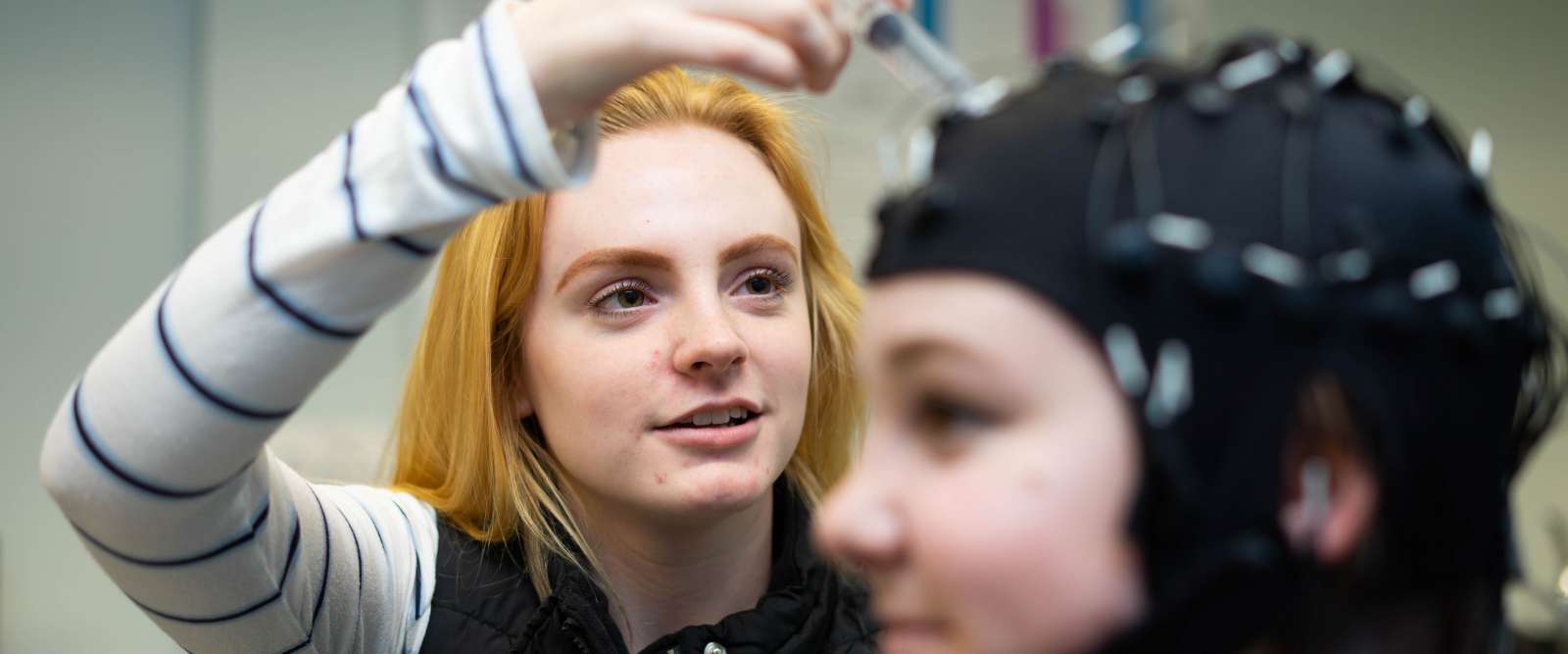Overview
Are you interested in learning about the brain and how it functions, understanding a variety of scientific concepts, and discovering what determines human behavior? Are you interested in hands-on undergraduate lab work? If you said yes, neuroscience might be the right degree for you. Courses in biology, chemistry, and psychology form the foundation of this major. Upper-level courses and activities connect multiple study areas in neuroscience research and theories. Students may choose the Bachelor of Arts Degree (BA) or the Bachelor of Science Degree (BS) – both degrees prepare students for hands-on research experience through undergraduate research programs or courses. Classes include Brain & Behavior, Cognitive Neuroscience, Human Psychophysiology, and Genetics.
Career Paths Available to You
Students earning the BA or BS will be prepared for careers in biotechnology and other research related fields. Neuroscience methods are being used even more broadly in several industries and career roles which affect human behavior and choice – these range from marketing to criminal justice. The BS provides students interested in medical school with the basic science courses needed for admission. Both the BA and BS will prepare students for further graduate studies.

Request Information
Skills You’ll Learn
These degrees will help students gain skills in data collection and analysis, research design, and critical thinking. All of these skills are in demand by employers, and can be used in a variety of fields. Students will have the opportunity to practice these skills using hands-on methods during their studies at Keene State, and students will be prepared to use the skills in employment after graduation. Both the BA and BS degrees require the successful completion of a supervised or independent research project that helps to provide a solid foundation for work after graduation.
Experienced Faculty
Professors teaching in the neuroscience major are focused on helping students succeed during their studies, and also when they enter the workforce. Professors teaching the program have training and deep experience studying the brain, including training in cognitive neuroscience methods. They also have spent many years teaching courses on neuroscience topics, and guiding research projects with students.



